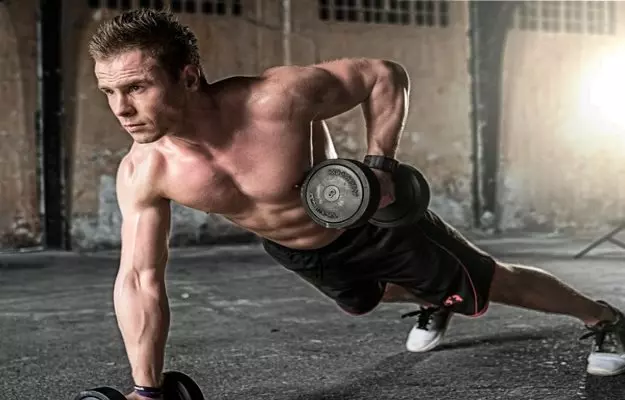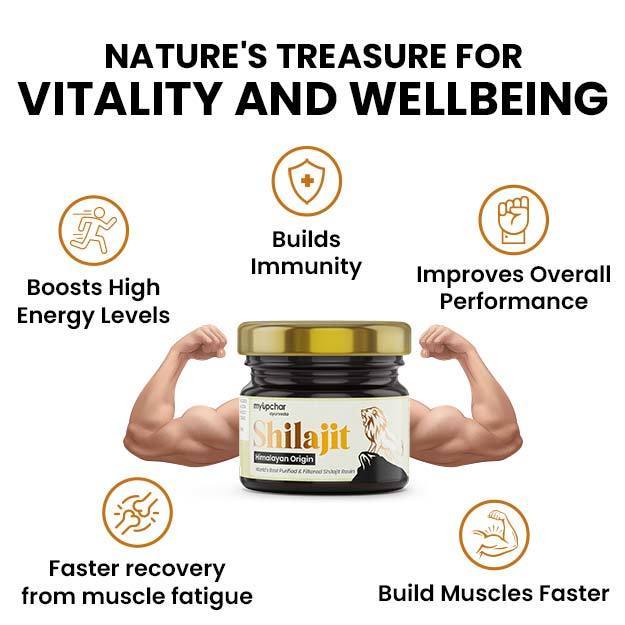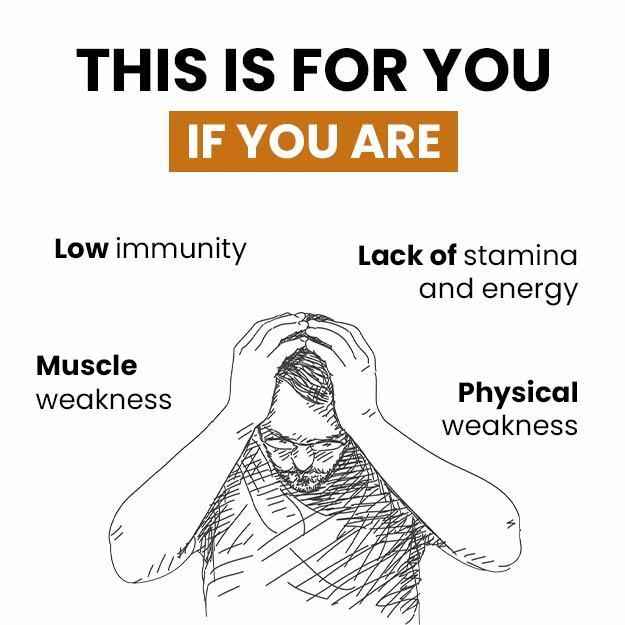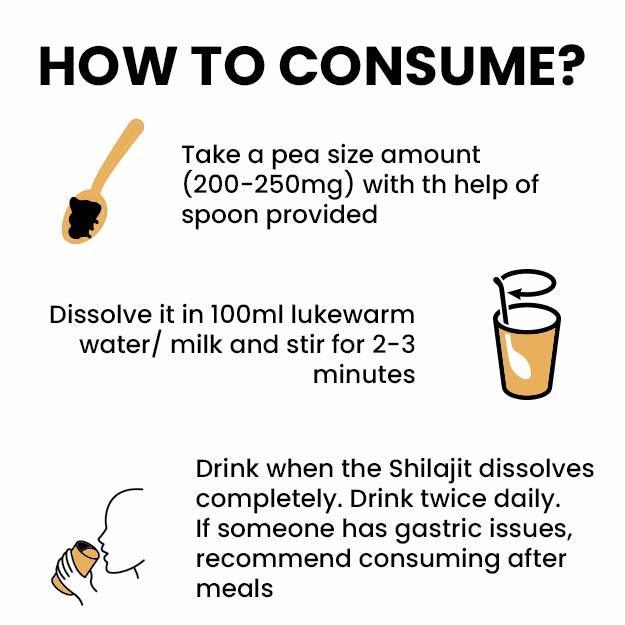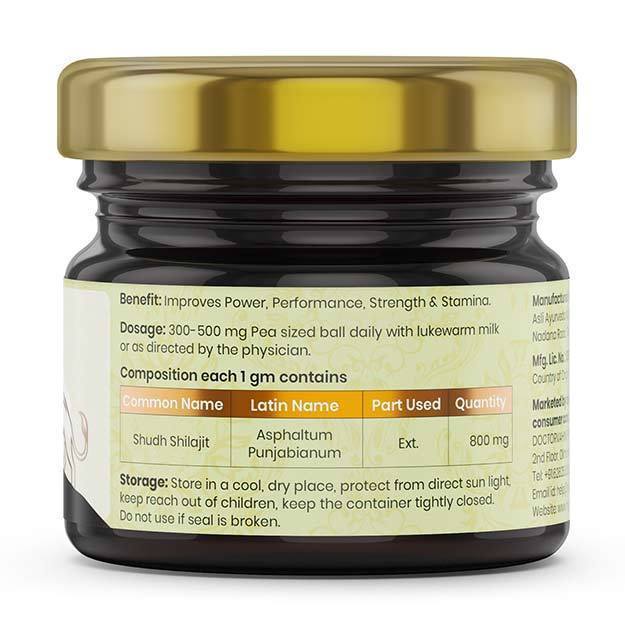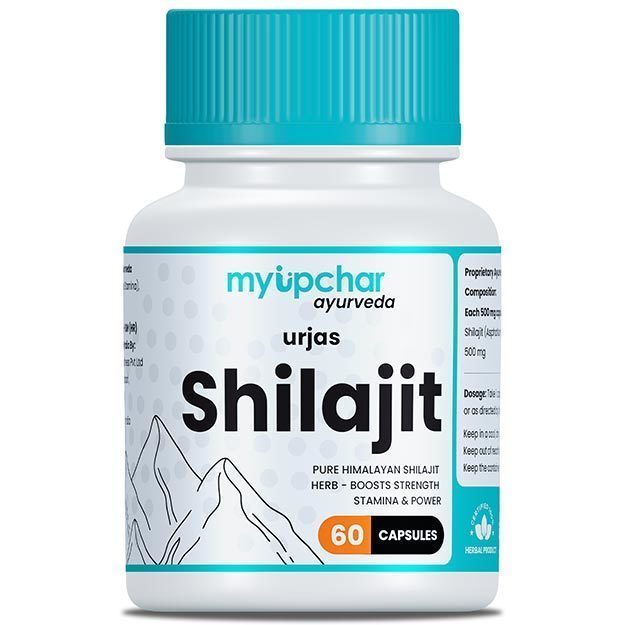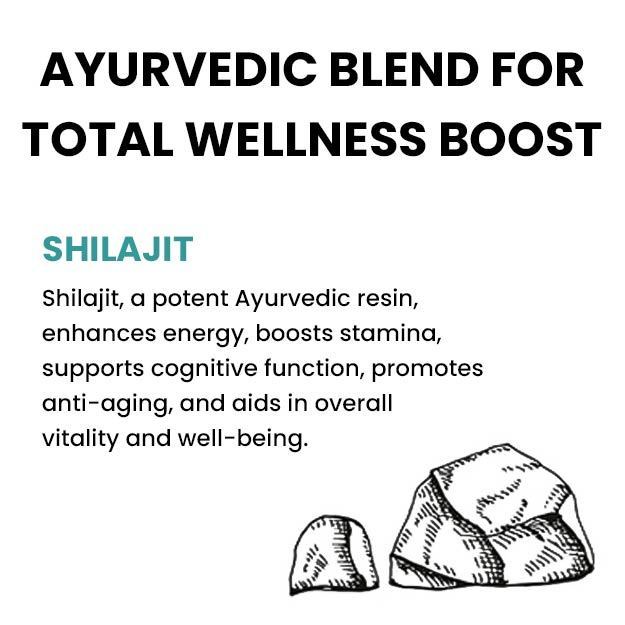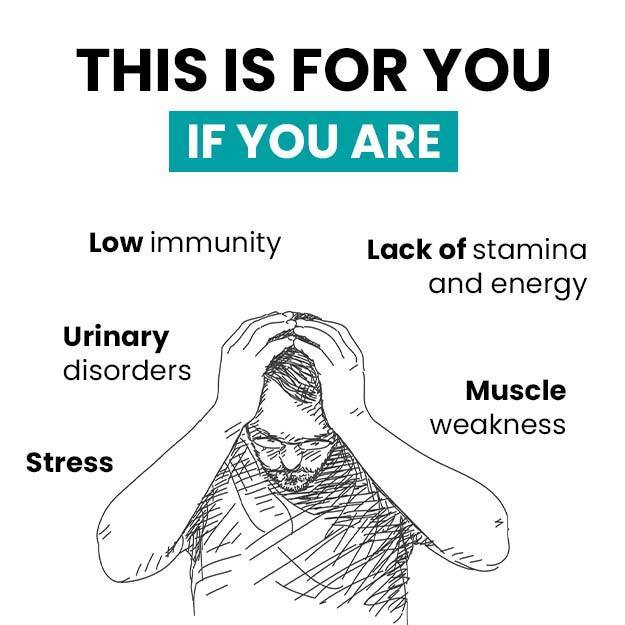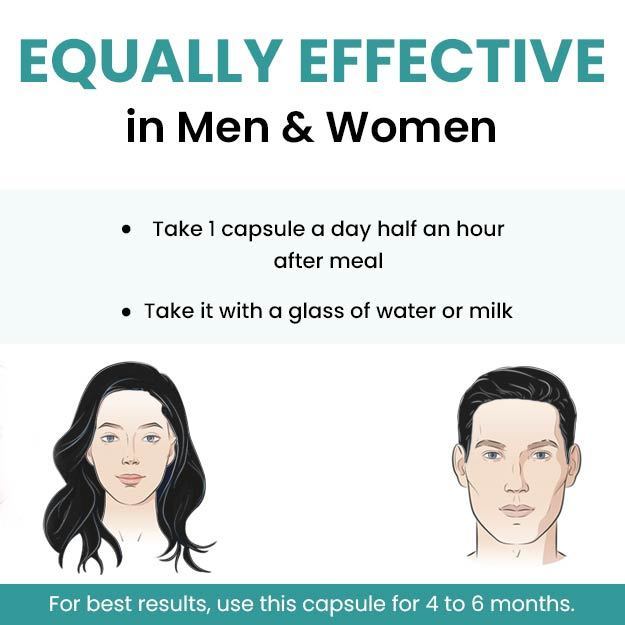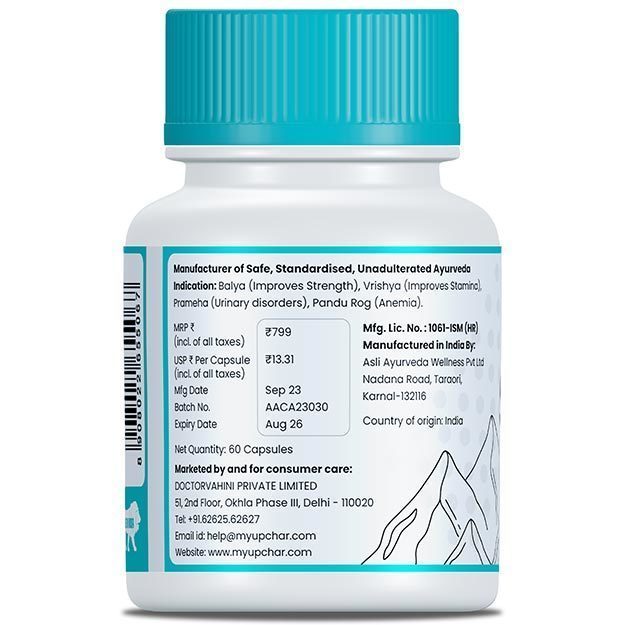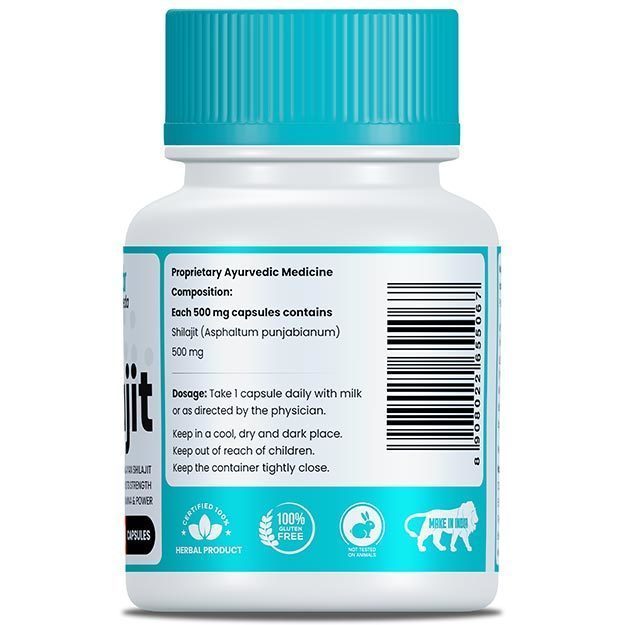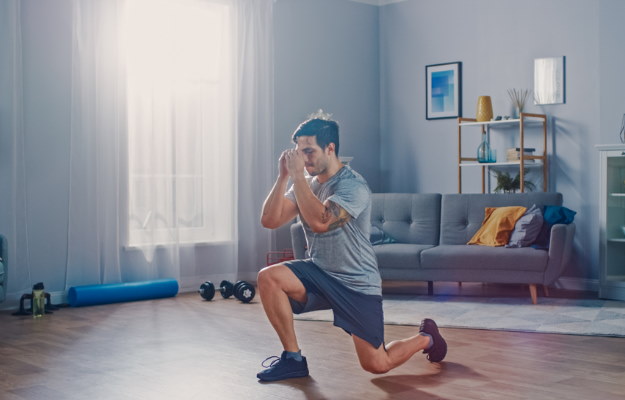Exercise, whether done in the form of a morning run, hitting the gym or playing a sport that you so love, is an essential part of keeping the body healthy, especially after beginning to work full-time. Leading sedentary lives with constant stress, coupled with irregular eating habits and not enough rest can make a toxic combination that may lead to chronic illnesses and future ailments.
Working out keeps the body fit and mind healthy so they are able to take on daily challenges, helps you stay in good shape and keeps energy levels up through the day. There are, however, numerous misconceptions about exercising, and fitness in general, that have been propagated for ages, and continue to circulate even today.
Here are a few myths about working out you should be careful of:

